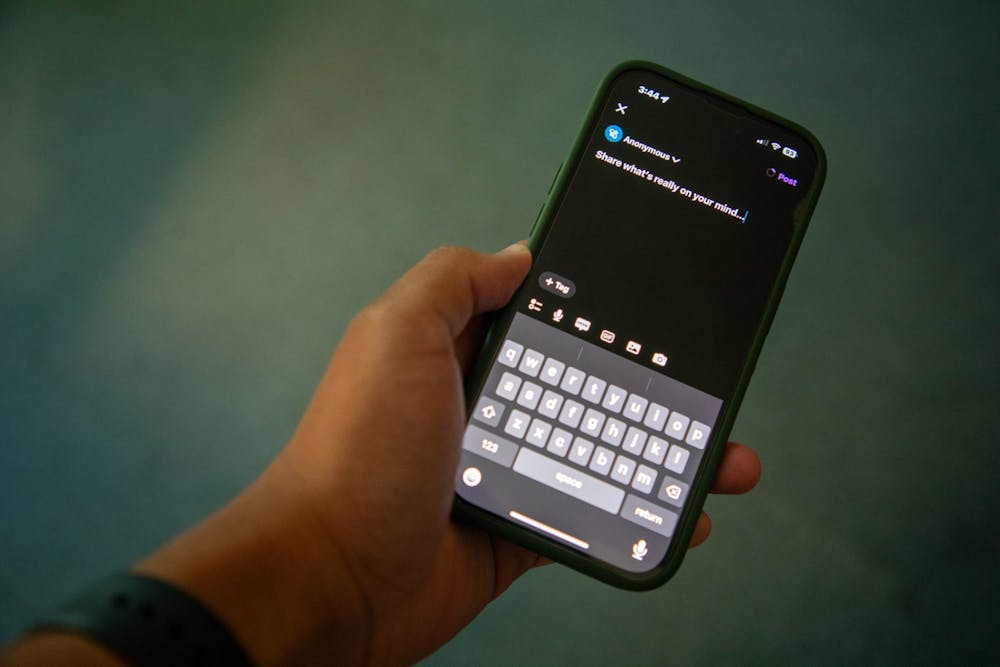By The Signal Editorial Board
With the academic year back in full swing, many students have returned to Fizz Social Corp., a social media app that students can post anonymously on. Fizz is popular at many higher education institutions, because of its campus community option.
Fizz campus communities allow users who sign up using their school-issued email to share content and connect exclusively with others who attend their institution. This anonymity allows for a space to vent, complain and observe without fear of judgement.
However, the freedom that comes with anonymity can often be misused.
On Aug. 26, Campus Police identified two individuals responsible for posting threatening messages on the social media platform. In this instance, the second person posted their threatening message after finding humor in the first, similar, threatening post.
As evident by this recent ordeal, even when contained within a comedic capacity, sowing discourse on anonymous message apps, such as Fizz, can have harmful effects. In such a tumultuous time, where many dangers pose serious threats to college students, burying those with other less-intended threats can leave room for more serious ones to go unnoticed.
Aside from the recent threats posted on Fizz, the app has also been flooded with inappropriate and mocking comments against students in various organizations on campus. In many posts, students are called out by their first and last names, likely without their knowledge or consent.
Such threatening or harassing posts simply have no need to exist, especially on a platform where identity is so easily obfuscated. Just because a post is anonymous does not preclude the poster from accountability, nor does the post itself enter a vacuum with which there are no real consequences, whether they be intended or not.
Students who post anything that could be perceived as threatening, wherever that post may be made, are subject to investigation by both Campus Police and the Office of Student Conduct. Threatening messages are a violation of a violation of the College’s Student Conduct Code under the personal abuse section.
Fizz also has its own standards that users agree to follow when they sign up for the platform.
The Fizz website describes the platform as “a space designed for every user to be their authentic self, and user safety and privacy is the core of all we do. We build inclusive communities where every user can be honest, be vibrant, and, above all else, be who they truly are.”
Fizz is also clear on its online chatting standards, with the website also stating, “to start, we believe that the safest online communities involve only verified members. Everyone who joins Fizz must verify a phone number. For college communities, users must verify they are students of their school before gaining access to anything in the community.”
While such sentiments can sound like obvious and empty platitudes, the distinction is clear: encouraged honesty does not, and should not, insinuate that speech is without consequence. What happened on Fizz last week was an example of the kind of posts that can get normalized if such behavior is promoted, and that was arguably the least dangerous version of how such events have often gone in our current age.
Community-based apps, especially on a college campus, should be used to connect students in a friendly and fun environment.







